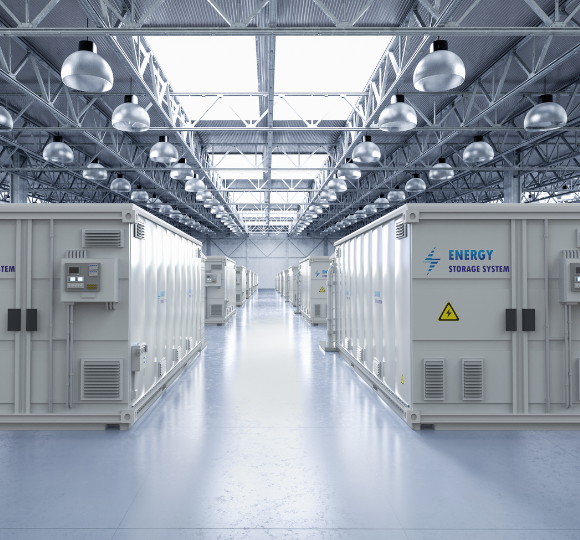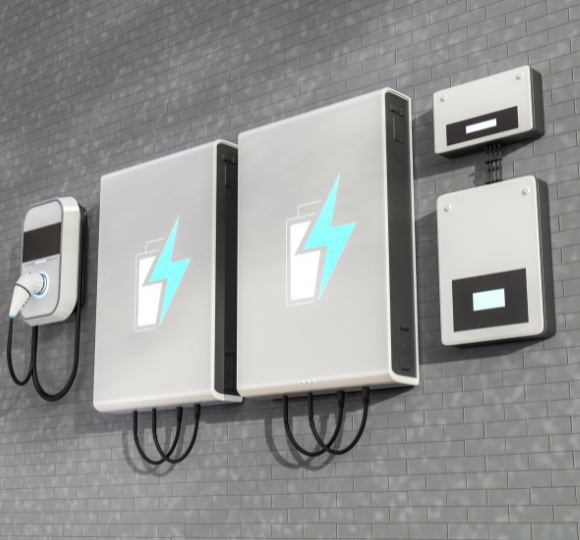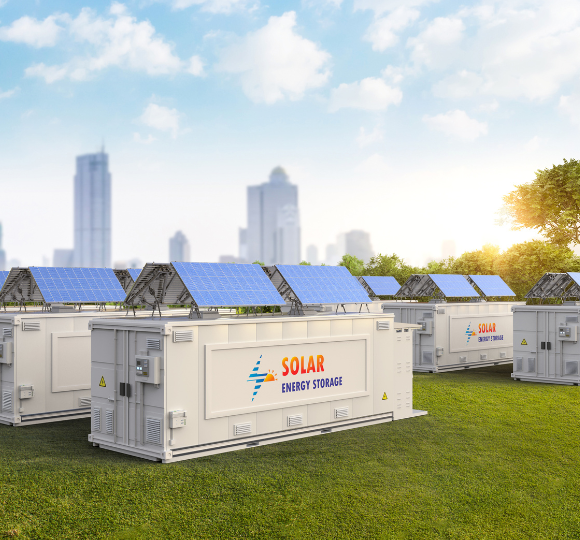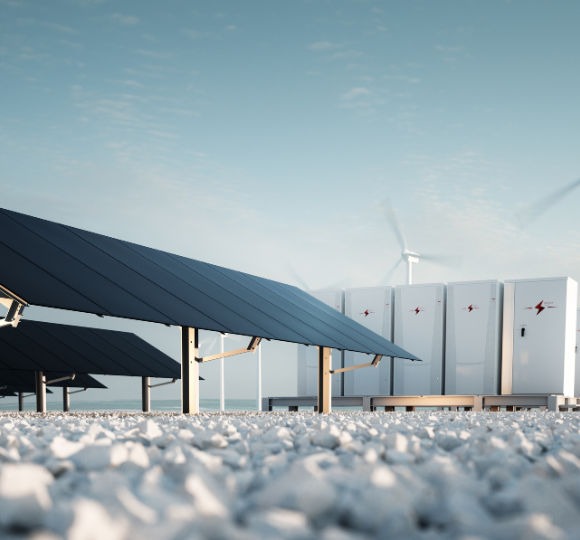Need help?
Your rep is ready to assist. Let us handle the materials so you can focus on the build.
PES specializes in the procurement, material delivery, and integration of energy monitoring systems, enabling real-time control and optimization of energy use to reduce costs and improve sustainability.
Efficient energy management is essential for businesses looking to lower operational costs, reduce energy waste, and meet sustainability goals. PES’s Smart Energy Management Systems (SEMS) enable industrial facilities, commercial buildings, and community-scale operations to automate and optimize energy consumption. By leveraging real-time monitoring, IoT integration, and automated control systems, businesses can gain detailed insights into energy usage, identify inefficiencies, and adjust energy flows based on demand, reducing unnecessary consumption and improving sustainability.
PES works closely with installation partners or connects clients to the PowerLink network to ensure seamless procurement and delivery of smart energy systems. Our scalable solutions help businesses manage energy across diverse environments, from single facilities to multi-building campuses, ensuring operational efficiency and long-term savings.


PES helps clients access a wide range of energy efficiency incentives, rebates, and tax credits for integrating smart energy management systems. From federal grants to local energy efficiency programs, PES ensures businesses take advantage of financial incentives that reduce the upfront costs of energy management system upgrades.
PES works with businesses and facilities to procure, deliver, and support the integration of smart energy management systems. Our procurement experts ensure your project receives the best materials and components, while our logistics team manages the timely delivery of all equipment. We collaborate with your installation partner or connect you to the PowerLink network to ensure seamless integration of your energy management solution.


PES designs energy systems with resilience in mind, ensuring your manufacturing facility can maintain operations during grid disruptions or natural disasters. Our distributed energy systems, microgrids, and backup power solutions offer energy security and reduce dependence on unstable power grids. We work with you to develop customized risk mitigation strategies that align with your operational needs and long-term growth plans.
PES begins by consulting with your project team to understand the scope of your energy needs and determine the best smart energy management systems to procure. We work closely with your installation partner to ensure that the materials and components align with your energy goals.


PES manages the procurement of all necessary components, including energy monitoring systems, IoT-enabled devices, and control platforms. We oversee the logistics to ensure materials are delivered on time and ready for immediate integration.
PES collaborates with your installation partner or provides access to a trusted provider from our PowerLink network to ensure the successful integration of all components. Our focus is on delivering systems that optimize energy consumption and ensure cost savings.

PES specializes in the procurement, logistics, and collaboration required to implement advanced smart energy management systems. While we do not design or install these systems, we work with your installation partner or connect you with a trusted provider from our PowerLink network. PES ensures that all components, such as energy monitoring systems, IoT devices, and automated controls, are delivered on time and integrated seamlessly.
Smart energy management systems use real-time monitoring and automated control to manage energy consumption. These systems optimize HVAC, lighting, and other energy-consuming devices by making adjustments based on real-time data, occupancy, and environmental conditions. Businesses benefit from reduced energy waste, lower operational costs, and improved sustainability.
Yes, PES helps businesses take advantage of federal, state, and local incentives, including rebates, tax credits, and grants, which are designed to reduce the upfront costs of smart energy management systems. By leveraging these incentives, businesses can significantly lower the cost of implementing energy-efficient solutions. PES supports clients by identifying and applying for these programs.
The smart energy management systems that PES procures are designed to be highly scalable. Whether you are managing energy for a small facility or a large industrial complex, the systems can grow with your needs. As your facility expands, additional IoT devices, sensors, and energy control systems can be easily added, ensuring your energy infrastructure remains efficient and adaptable.
Smart energy management systems are beneficial across various industries, including manufacturing, commercial real estate, industrial plants, retail, healthcare, education, and municipalities. Any business looking to improve energy efficiency, reduce operational costs, and meet sustainability goals can benefit from these systems. Facilities with high energy demands, complex infrastructures, or multiple locations particularly benefit from the real-time monitoring and automation capabilities of these systems.
Yes, smart energy management systems can be integrated into existing energy infrastructures. PES ensures the procurement of components that work seamlessly with current energy systems, minimizing disruption and allowing for an easy transition to smarter, more efficient energy management. This includes the installation of IoT sensors, smart meters, and control systems that can enhance the performance of your existing energy framework.
PES’s logistics team works closely with manufacturers and suppliers to ensure that all components—such as energy monitoring systems, IoT devices, and HVAC controls—are delivered according to your project’s timeline. By coordinating delivery schedules with your project team, PES ensures that materials arrive when needed, preventing delays and ensuring smooth integration into the system.
Internet of Things (IoT) technology is integral to smart energy management systems. IoT devices provide real-time data from various energy systems, such as lighting, HVAC, and energy meters, and connect them to a centralized platform. This allows businesses to automatically adjust energy usage based on demand, occupancy, and external factors. By integrating IoT-enabled controls, businesses can optimize energy flows, reduce waste, and improve overall energy efficiency.
Smart energy management systems contribute to sustainability by optimizing energy usage and reducing waste. These systems help businesses lower their carbon footprint by ensuring energy is used efficiently and by integrating renewable energy sources such as solar power. Additionally, smart systems enable businesses to meet Environmental, Social, and Governance (ESG) targets, further enhancing their sustainability efforts.
The key features of smart energy systems that drive the most savings include automated HVAC controls, lighting adjustments based on occupancy, peak demand management, and real-time energy usage monitoring. By automating these processes, businesses can reduce energy consumption during off-peak hours, optimize usage based on demand, and improve operational efficiency without manual intervention. This leads to significant reductions in energy costs.


PES provides businesses with the procurement, logistics, and collaboration support needed to implement smart energy management systems. By offering scalable, real-time energy monitoring and control systems, PES helps businesses reduce costs, enhance operational efficiency, and meet sustainability goals. Connect with PES today to explore how smart energy solutions can optimize your facility’s energy performance.
Your rep is ready to assist. Let us handle the materials so you can focus on the build.
No account yet?
Create an Account
